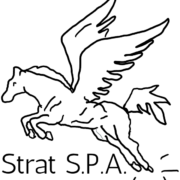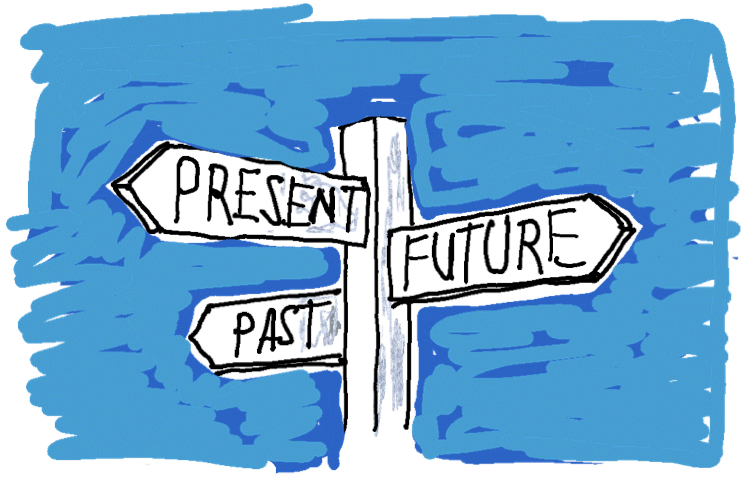They say “those who fail to learn history are condemned to repeat it’’. .. But what does it mean to learn?
Case Study
Assessing the Future
A few years ago, a local economic development agency was trying to interest a manufacturing facility to locate in the area. However, the manufacturers had a concern: Could they access the skilled labor they needed to, or would they always be playing second fiddle to the oil and gas industry? Historically, it had been a problem.
It took me about 6 weeks to gather my data – dependent variables (job growth by NAICS code) independent variables (Gulf of Mexico oil and gas production data) – but I was able to show the statistically significant thresholds where other manufacturers had been impauy cted. History said IF Gulf of Mexico oil output goes past X, THEN you should expect Y impact to hiring. A lagging effect, with confidence intervals.
But was this really the same situation going forward?
As I’d been gathering data about oil and gas production, I’d met some folks along the way. I’d learned from them that fracking – then a growing technology where fluids are injected (at great pressures) into older non-productive wells, causing the oil and gas within them to be pushed to the surface – was having a major depressive effect on the off-shore market, and that this would be the high probability scenario in the future. In other words, the situation was changing: there was a strong chance that history would no longer apply, and the facility was unlikely to feel competition for skilled labor.


